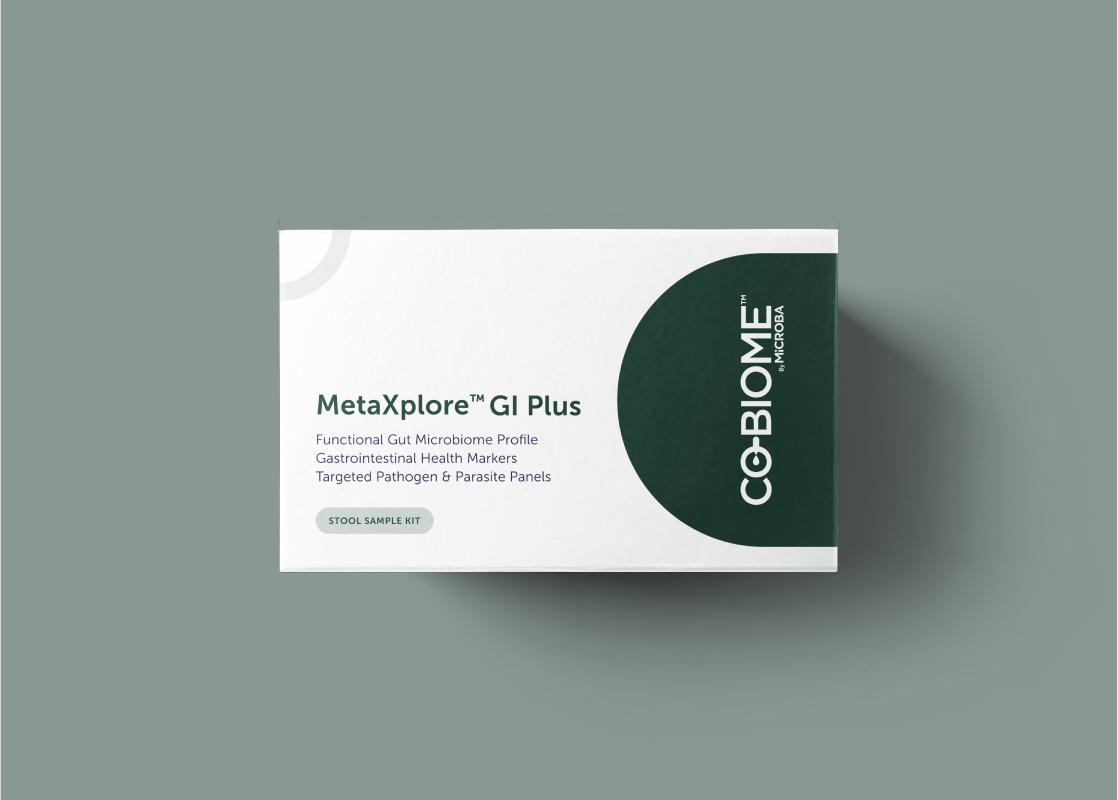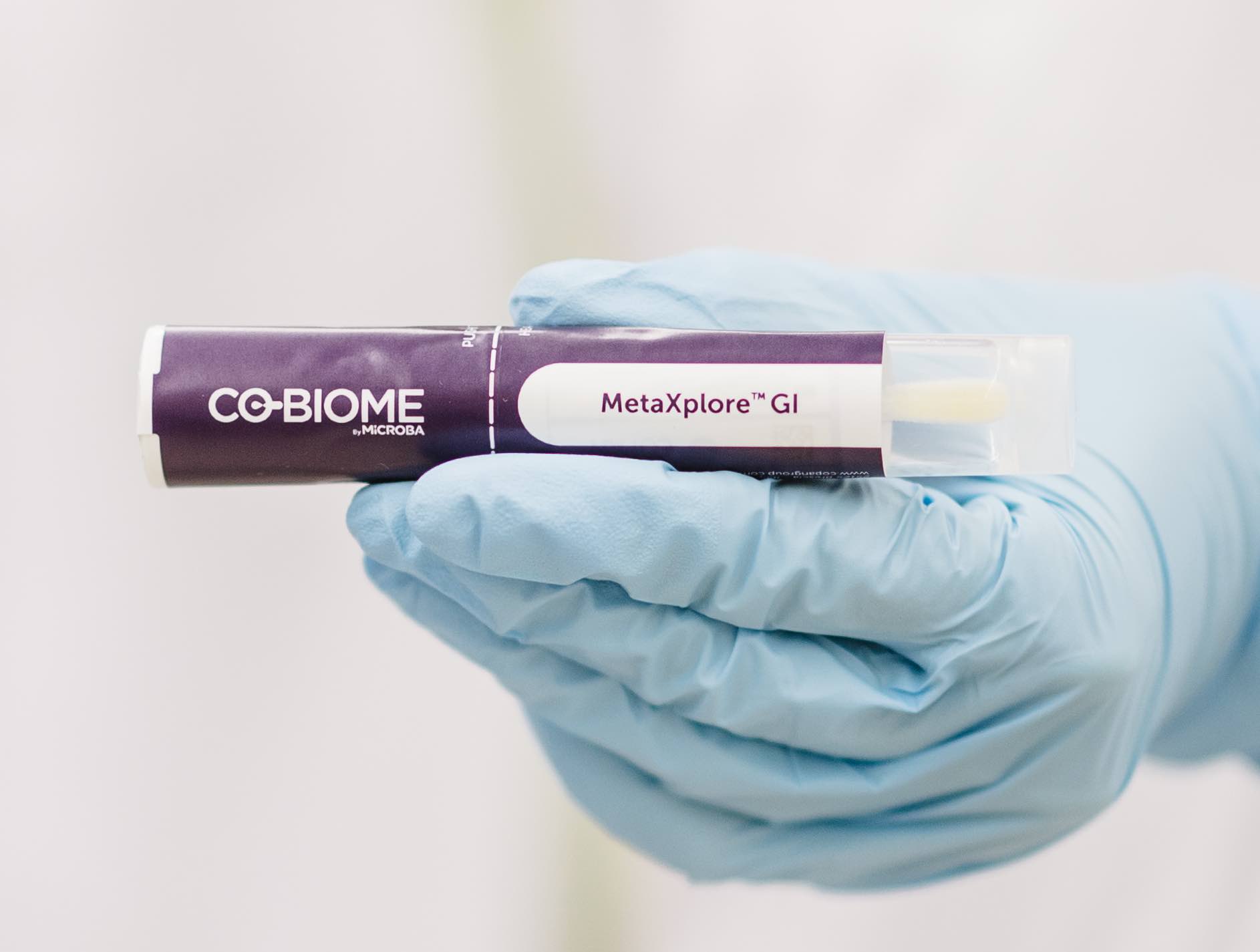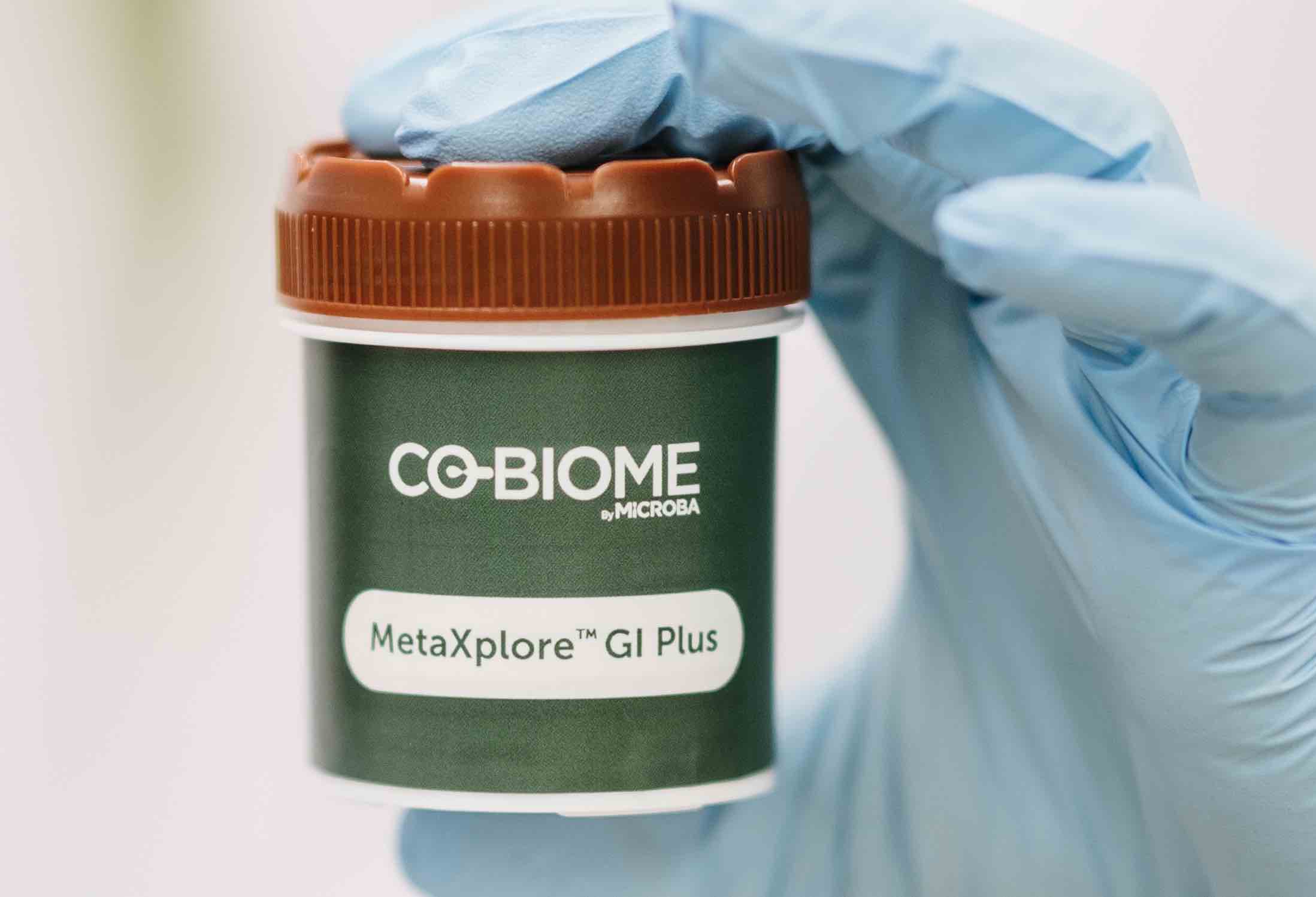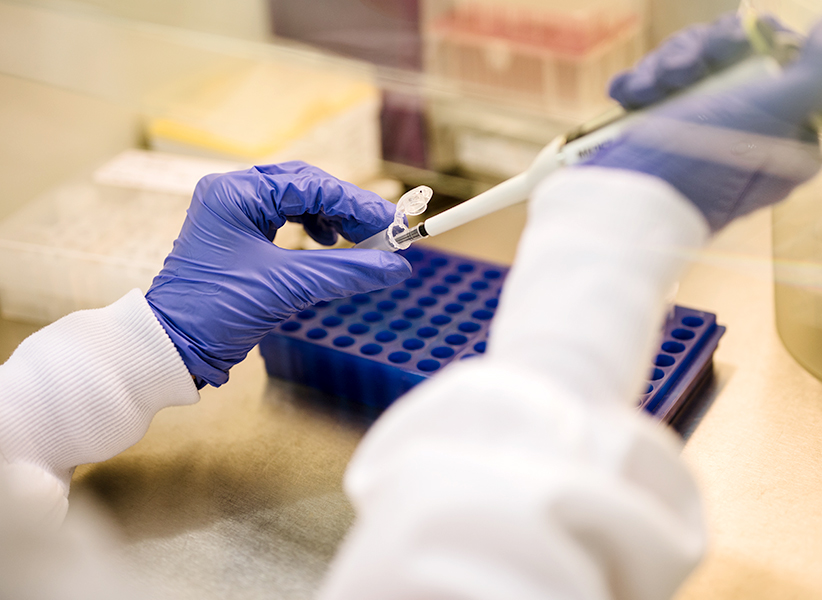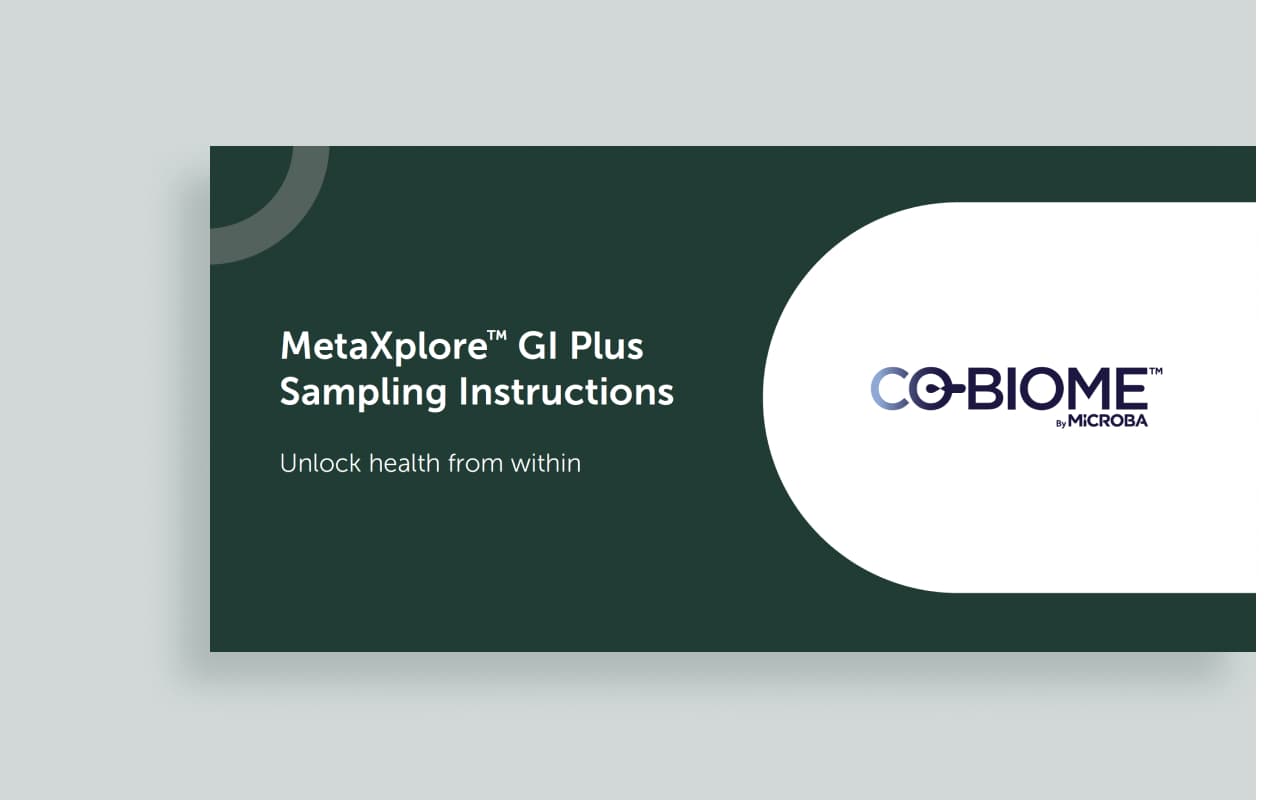
Discover the power of whole microbiome analysis and how deeper insights are addressing the way health professionals address gut health in practice.
Connect with Co-Biome Register for access Find a Co-Biome ClinicianBy assessing the whole gut microbiome, your healthcare professional is able to reveal how the gut microbiome is interacting with your overall health.
How to use Read the latest insights Find a Co-Biome Clinician FAQsExplore our different products addressing the needs of your patient.
MetaXplore MetaXplore GI MetaXplore GI Plus View a sample report Back to menu options
Health Professionals
Back to menu options
Health Professionals
Discover the power of whole microbiome analysis and how deeper insights are addressing the way health professionals address gut health in practice.
Connect with Co-Biome Register for access Find a Co-Biome Clinician Back to menu options
Patients
Back to menu options
Patients
By assessing the whole gut microbiome, your healthcare professional is able to reveal how the gut microbiome is interacting with your overall health.
How to use Read the latest insights Find a Co-Biome Clinician FAQs Back to menu options
Testing
Back to menu options
Testing
Explore our different products addressing the needs of your patient.
MetaXplore MetaXplore GI MetaXplore GI Plus View a sample report Back to menu options
Education
Back to menu options
Education
Discover the latest education in microbiome testing.
For professionals For patients Back to menu options
Refer a product
Back to menu options
Refer a product
Select a product you would like to refer to your patient. You’ll be asked to login.
MetaXplore $369 MetaXplore GI $425 MetaXplore GI Plus $485 Health Professional sign-in
Health Professional sign-in